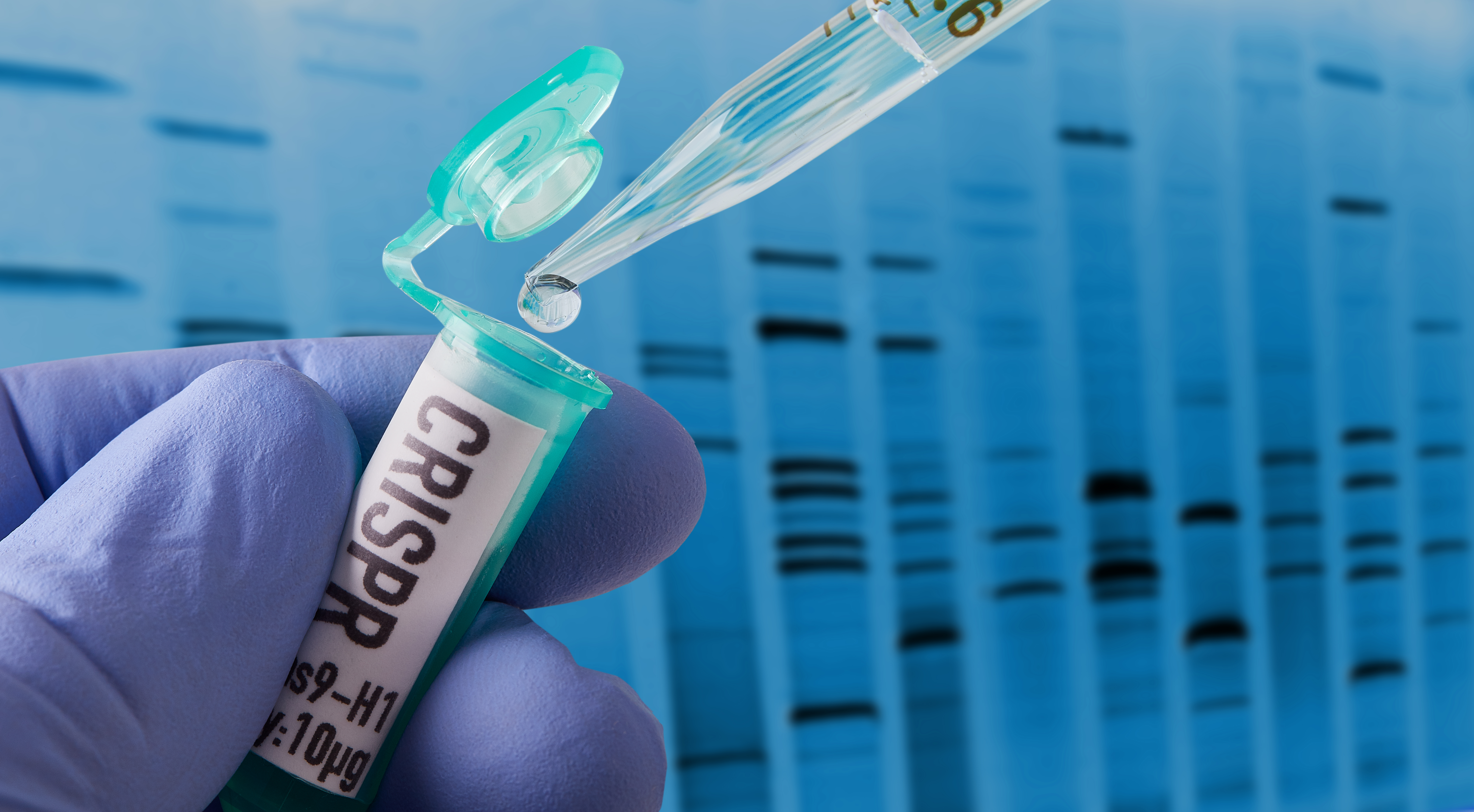Is Genetic Medicine Making the World Less Fair?
By Laura Hercher,
The Nation
| 08. 23. 2019
New reproductive technologies promise to prevent serious genetic disease. What happens if only the rich can access them?
Call it the “ick” factor.
Stories like the 2018 bombshell out of China, of a scientist manipulating embryonic DNA to produce the world’s first genetically engineered human babies, make people uneasy, often in ways they find hard to define. Our fear of genetics is diffuse and visceral and surfaces in a range of dystopian visions, from experiments gone wrong, à la Frankenstein’s monster, to worlds dominated by genetically enriched super-people. But while our antennae are attuned to things distant, scary and futuristic, we may be missing the more real and immediate threat: Genetic medicine as we practice it today is poised to alter our concept of disease and responsibility in ways that will make the world fundamentally more unfair.
If you could use reproductive genetic technology to make sure that your child did not have a genetic disease, would you do it? That question is not science fiction anymore for many prospective parents. If you have an increased risk of breast and ovarian cancer because of a variant in your genes, there are now ways to make sure you...
Related Articles
By Scott Solomon, The MIT Press Reader | 02.12.2026
Chris Mason is a man in a hurry.
“Sometimes walking from the subway to the lab takes too long, so I’ll start running,” he told me over breakfast at a bistro near his home in Brooklyn on a crisp...
By Diaa Hadid and Shweta Desai, NPR | 01.29.2026
MUMBRA, India — The afternoon sun shines on the woman in a commuter-town café, highlighting her almond-shaped eyes and pale skin, a look often sought after by couples who need an egg to have a baby.
"I have good eggs,"...
By George Janes, BioNews | 01.12.2026
A heart attack patient has become the first person to be treated in a clinical trial of an experimental gene therapy, which aims to strengthen blood vessels after coronary bypass surgery.
Coronary artery bypass surgery is performed to treat...
By Staff, ScienceDaily | 01.05.2026
Scientists at UNSW Sydney have developed a new form of CRISPR technology that could make gene therapy safer while also resolving a decades-long debate about how genes are switched off. The research shows that small chemical markers attached to DNA
...




